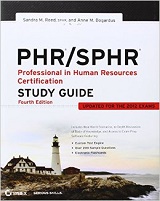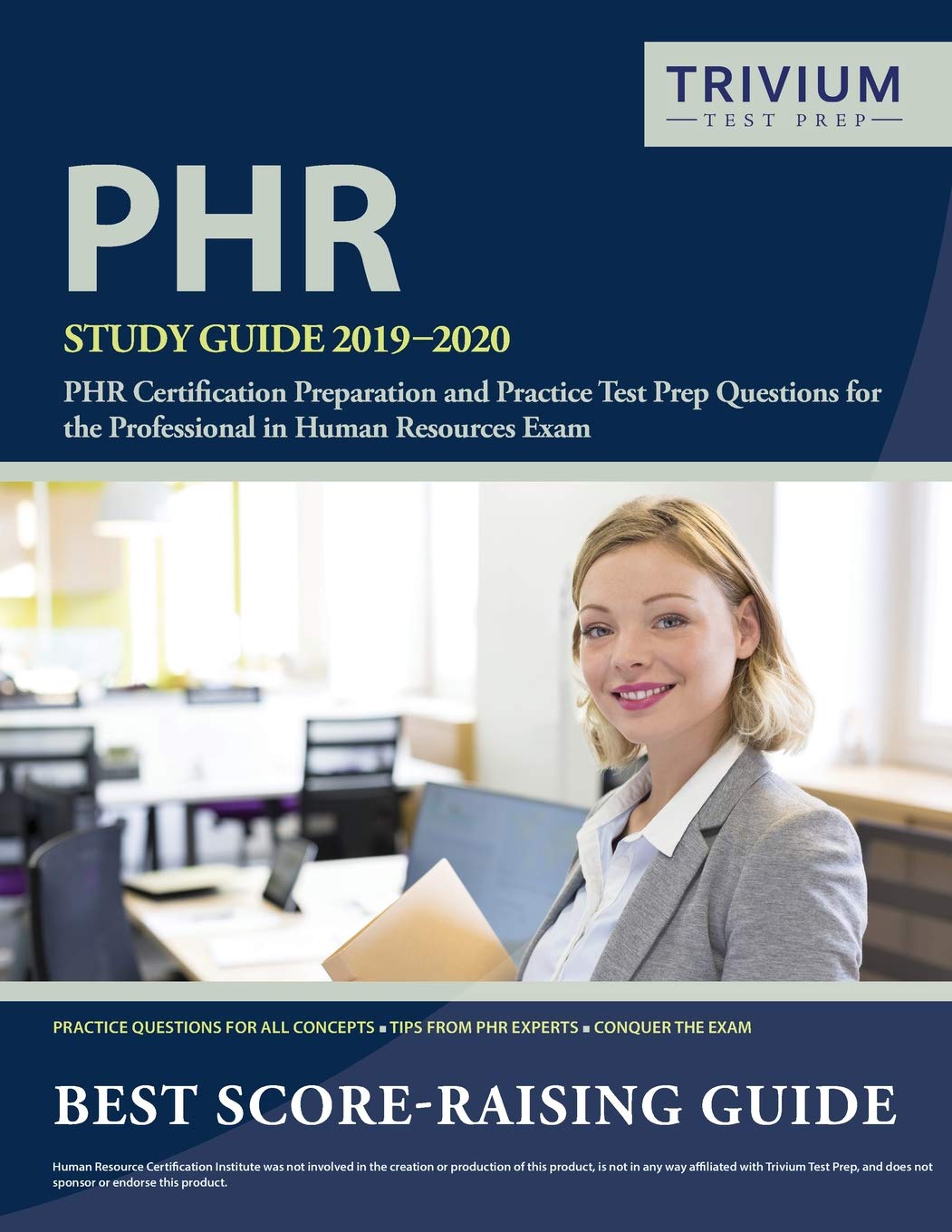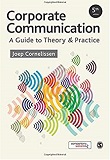Extraordinary Ability Alien, Outstanding Researcher and National Interest Waiver
Suzanne Brummett (suzanne@americavisalaw.com) is an immigration attorney in Carlsbad, CA.
[ ]
[ ]
[ ]
[ ]
Under the employment-based immigrant visa categories, there are three classifications which allow professors, research scholars and scientists to seek lawful permanent residence in the United States without pursuing the onerous labor certification process. As the nomenclature suggests, aliens with extraordinary ability, outstanding professors and researchers, and those working for the "national interest" may petition for immigrant status based on their achievements and potential benefit to the U.S. Moreover, except for the outstanding researcher category, the other two classifications do not require an offer of a permanent, full-time position. The significance of waiving the job offer requirement is that the foreign national may submit the petition, as opposed to having an employer do so on his or her behalf.
The following is the first of a four-part article discussing the requirements for these classifications, and strategies and tips in preparing a petition. While this first installment will delve into the regulatory requirements, and approach to preparing your petition, the second part will discuss strategies for filing your petition and dealing with potential obstacles to obtaining an approval.
PART 1
Common and Differing Elements
The evidence required for these three types of immigrant petitions can be very similar in many instances. Consequently, it is normally possible to submit an application for immigrant status under two or more categories simultaneously.
The main difference between these categories is the focus of the eligibility requirements. Both the extraordinary ability and outstanding researcher categories focus on the foreign national's superior qualifications as being "at the top of his or her field" or "outstanding." On the other hand, the national interest waiver category focuses on the needs of the U.S. and how the foreign national's achievements have benefited the U.S. and how his or her abilities will benefit the country in the future.
Eligibility Requirements
The extraordinary ability alien category may sometimes be the most daunting to prove. The foreign national must meet the statutory requirement of proving that he or she has risen to "the top of his or her field of endeavor" and that he or she has "sustained national or international acclaim and recognition." Immigration officers have been known to scrutinize very stringently these types of petitions. The federal immigration regulations set forth the specific criteria to show extraordinary ability, requiring that evidence be submitted to establish at least three of the 10 criteria listed. The more evidence you obtain, the stronger your case may be. The difficult part will be proving you are among the top few percent in your field. Remember, this may be a matter of opinion, which can vary significantly among different experts and different officers. Also, a "small percentage" has varying numerical value, depending on the total number of people in your field of endeavor. If you can establish that you are an extraordinary ability alien, you may submit your own petition, with a statement detailing plans on how you intend to continue your work in the U.S.
The outstanding researcher category may sometimes prove to be the better alternative, as the standard of proof is not as high as that in the extraordinary ability category. Professors, researchers and scientists need only satisfy two regulatory criteria; hence, it may be an easier standard to meet. Foreign nationals seeking classification under this category must prove that he or she is "recognized internationally as outstanding in the academic field." A major obstacle for many professors, researchers, and scientists is that an employer must sponsor the petition. In many instances, due to the nature of the funding of research grants, the typical employer-employee relationship simply does not exist. However, it may be possible to argue that a position is permanent in nature, despite the funding issue.
Additional factors to consider are that you must have at least three years experience as a researcher, and the petitioning company or research facility is required to employ at least three full-time research staff with a proven record of accomplishment in an academic field. Individuals in the early stages of their careers and small research facilities may have difficulty meeting this standard.
The national interest waiver is available for individuals, who are members of the professions holding advanced degrees or who are of exceptional ability in the arts, sciences, or business, whose work is in the "national interest." There is no per se standard of qualifications for this waiver. In fact, legislative history shows that Congress did not provide a specific definition of "in the national interest." Moreover, the immigration regulations likewise fail to define this term. A precedent Administrative Appeals Office decision Matter of New York State Department of Transportation (NYSDOT), Int. Dec. 3363 (Comm. 1998), provides examples of what kind of work might be deemed to be "in the national interest."
Additionally, NYSDOT provides a three-prong test that must be met. This test is briefly summarized as follows: (1) the petitioner (whether an employer or a self petitioning foreign national) must show that the beneficiary seeks employment in an area of work that is of "substantial intrinsic merit"; (2) the petitioner must demonstrate that the proposed benefit will be "national in scope"; and (3) the petitioner must show that the "national interest" in granting the national interest waiver is greater than the national interest in requiring an approved labor certification. In other words, the beneficiary must establish that he or she will serve the national interest to a "substantially greater degree" than would an available U.S. worker having the "same minimum qualifications."
The most problematic feature of the national interest waiver category is the undefined nature of this category, which gives a Bureau of Citizenship and Immigration Services (BCIS) examiner a high degree of discretionary decision-making authority, and may sometimes lead to inconsistent decisions. It is incumbent upon you to establish a track record of past achievements as well as to show a promise of future success, and to highlight specifically the benefits to U.S. national interests. You must also clearly articulate and explain you impact on your field.
Next:
Copyright © 2003 Suzanne Brummett. All Rights Reserved

Suzanne G. Brummett is an experienced immigration attorney who received her Juris Doctor from the University of San Diego School of Law in San Diego, California. Ms. Brummett also received two Bachelor of Arts degrees in International Relations and Spanish from the University of San Diego. She currently limits her practice to immigration law and is a published author of immigration related articles for The Scientist magazine and the Association for Women in Science, San Diego Chapter Newsletter.
In her immigration law career, Ms. Brummett has successfully handled business immigration matters for entrepreneurs, start-up companies and large multinational corporate clients in the software, telecommunications, biotechnology, engineering and automobile manufacturing industries.
Her website is at:





